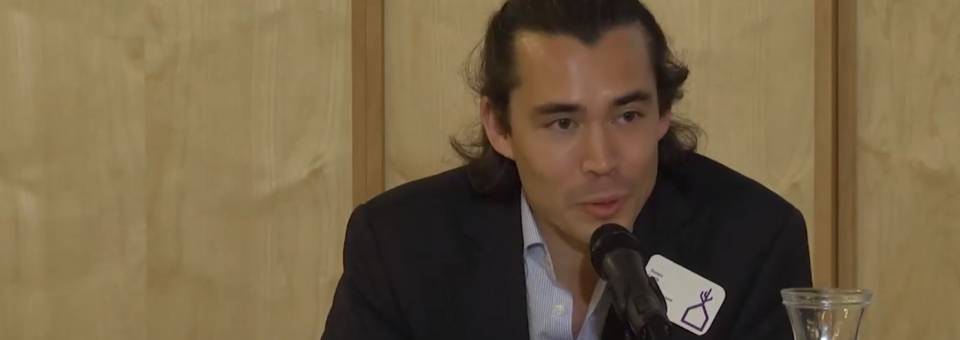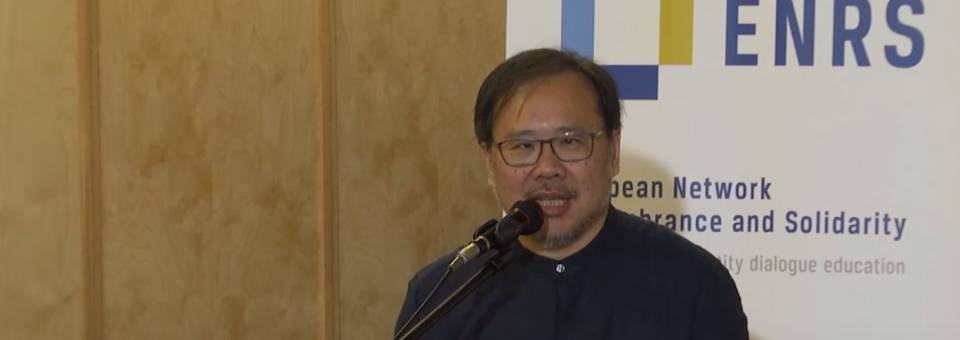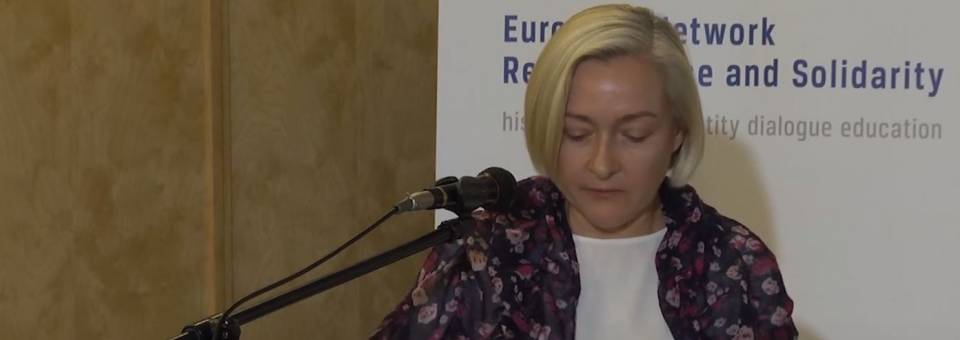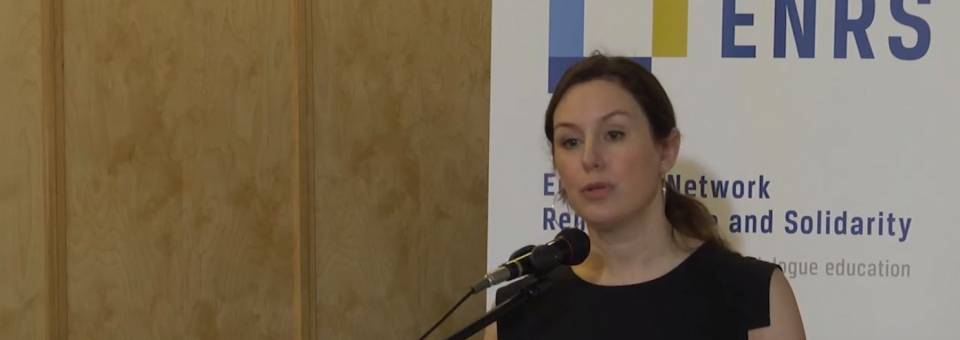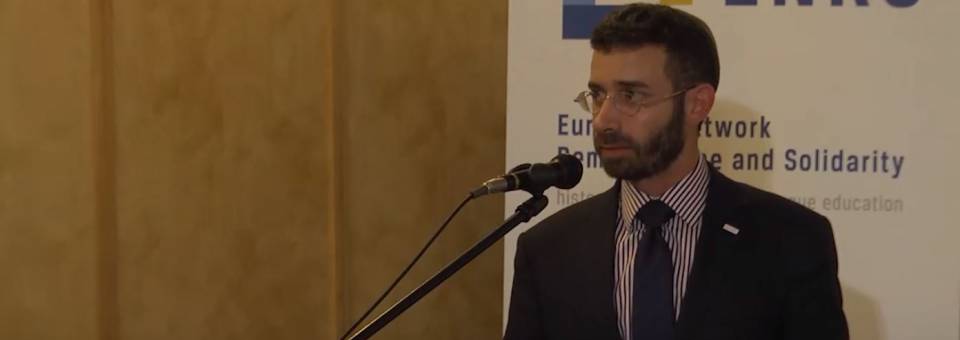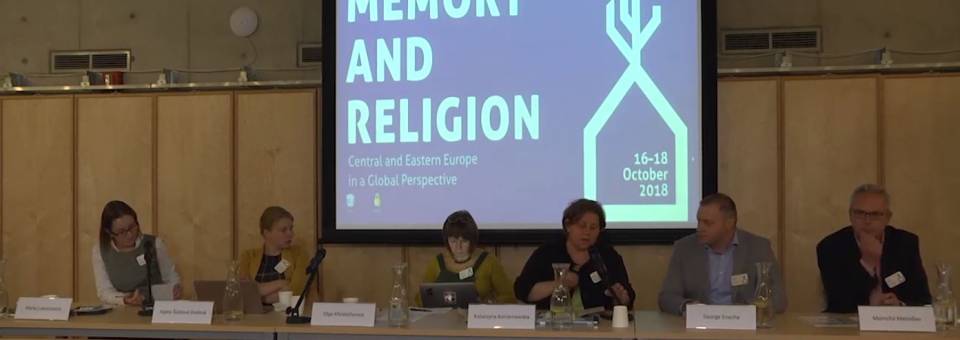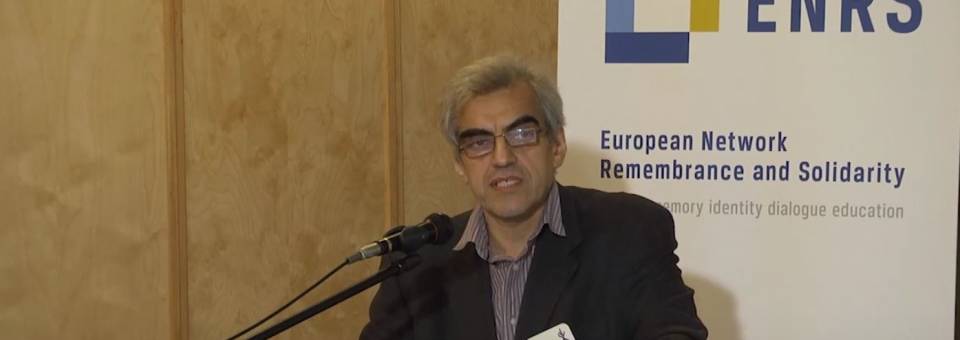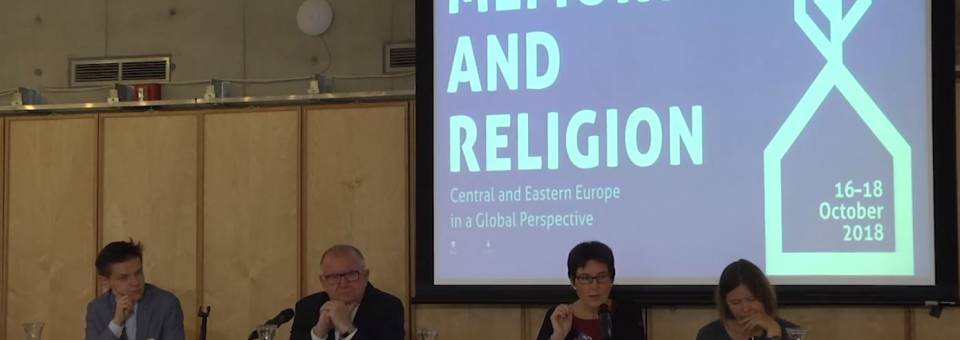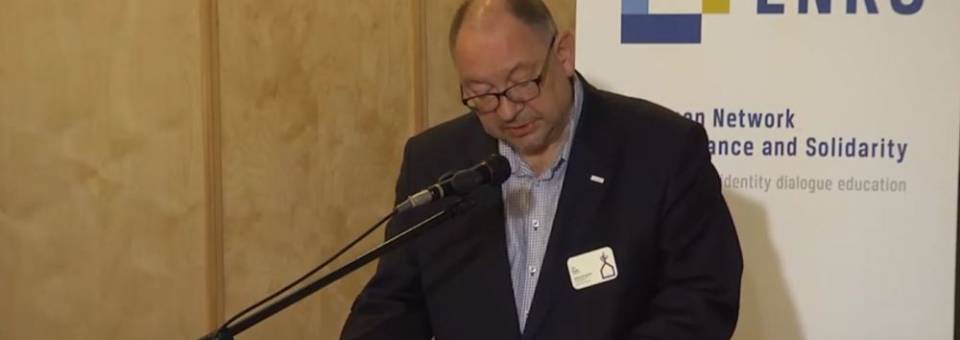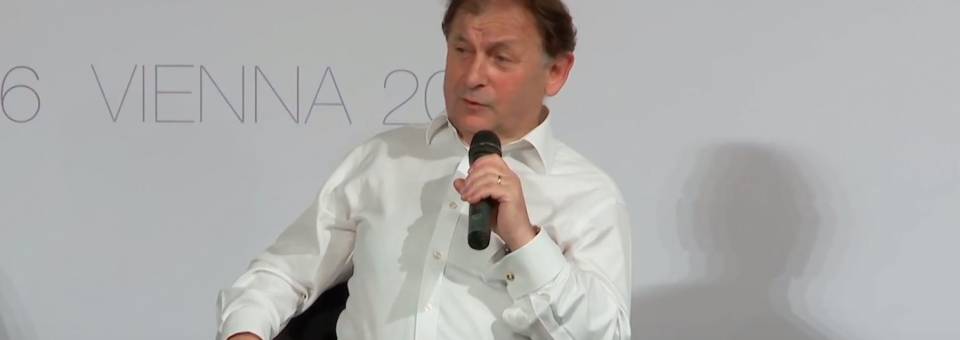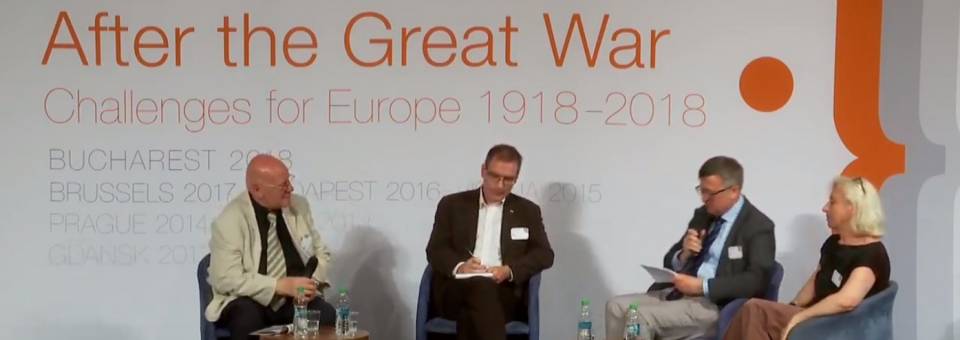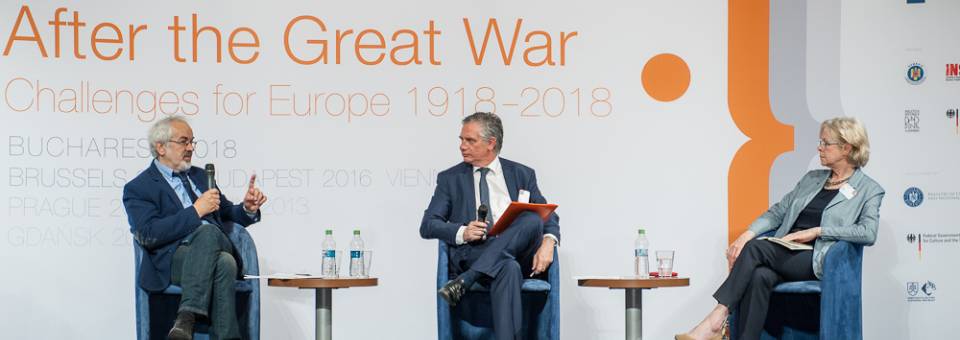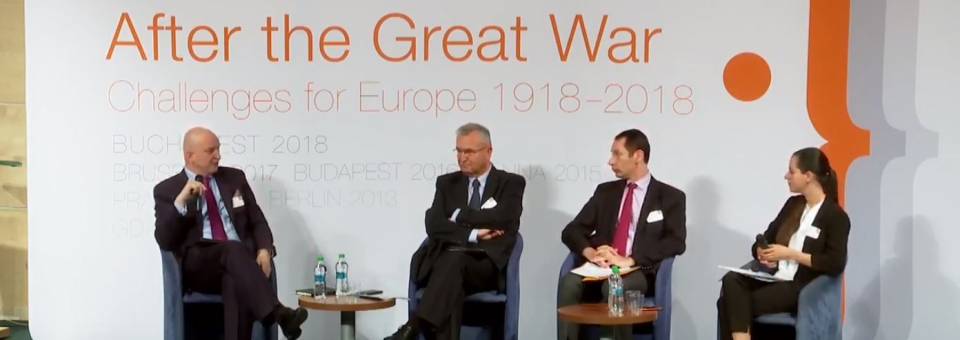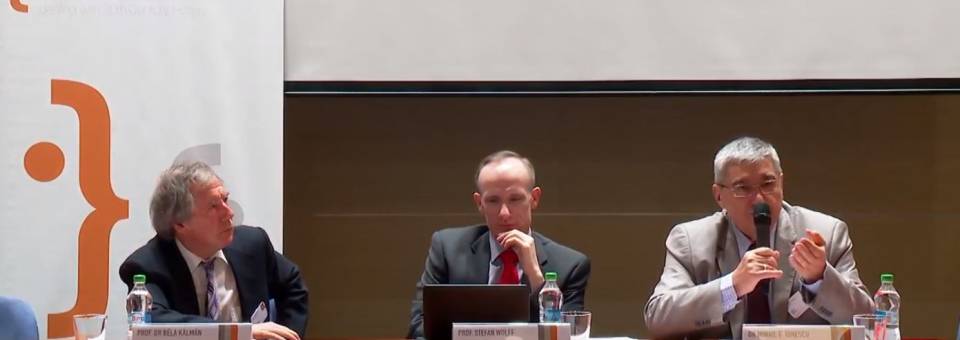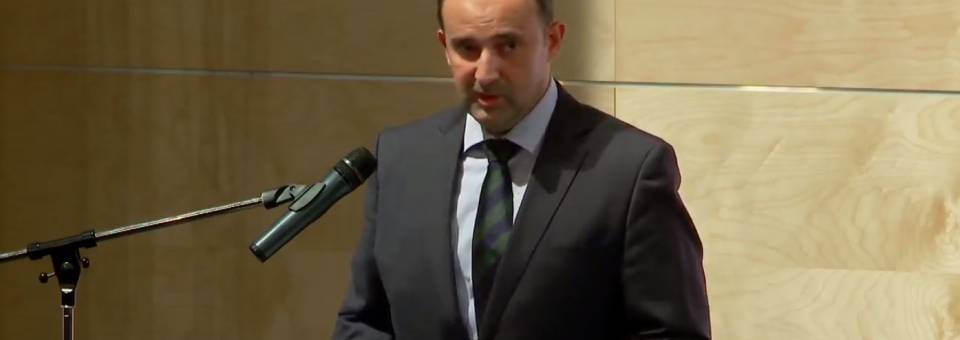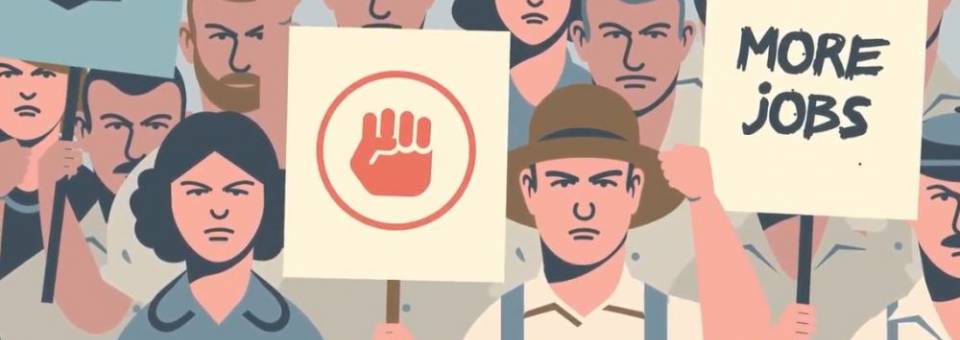The aim of the 8th conference within the Genealogies of Memory framework was to highlight the intricate links between religion and memory. The latest reflections and research findings were showcased by scholars from over 20 countries. The conference took place in Warsaw between 16 and 18 October 2018.
Chair: Dr Simon Lewis (University of Potsdam)
Dr Patryk Wawrzyński (Nicolaus Copernicus University, Toruń): The Rainbow People of God: a South African Lesson of Ubuntu. Hoping on Relationships between Religion and Remembrance
Dr Nadia Zasanska (Ukrainian Catholic University, Lviv): Religious Echoes of Donbas Conflict: Contrasts Between the Rhetoric of Christian, Muslim and Jewish Communities in Ukraine
Tomasz Wiśniewski (Adam Mickiewicz University, Poznań): Postsecular Struggles for Epistemic Justice
Commentator: Dr Oksana Myshlovska (The Graduate Institute, Geneva)
